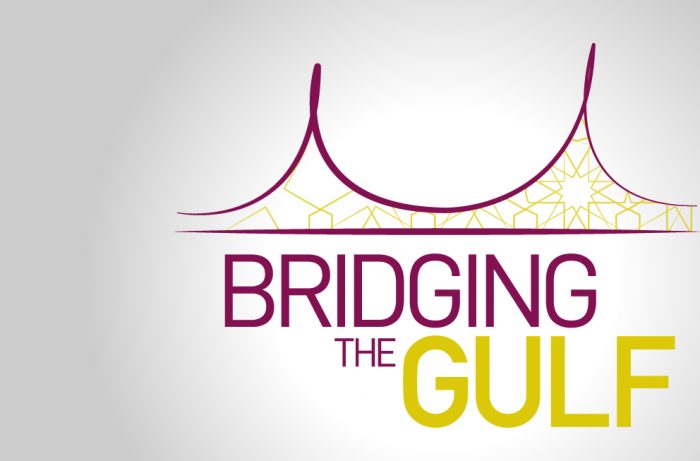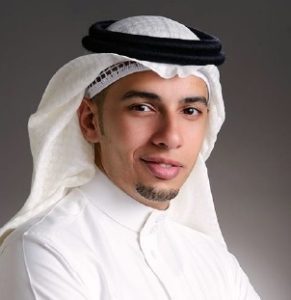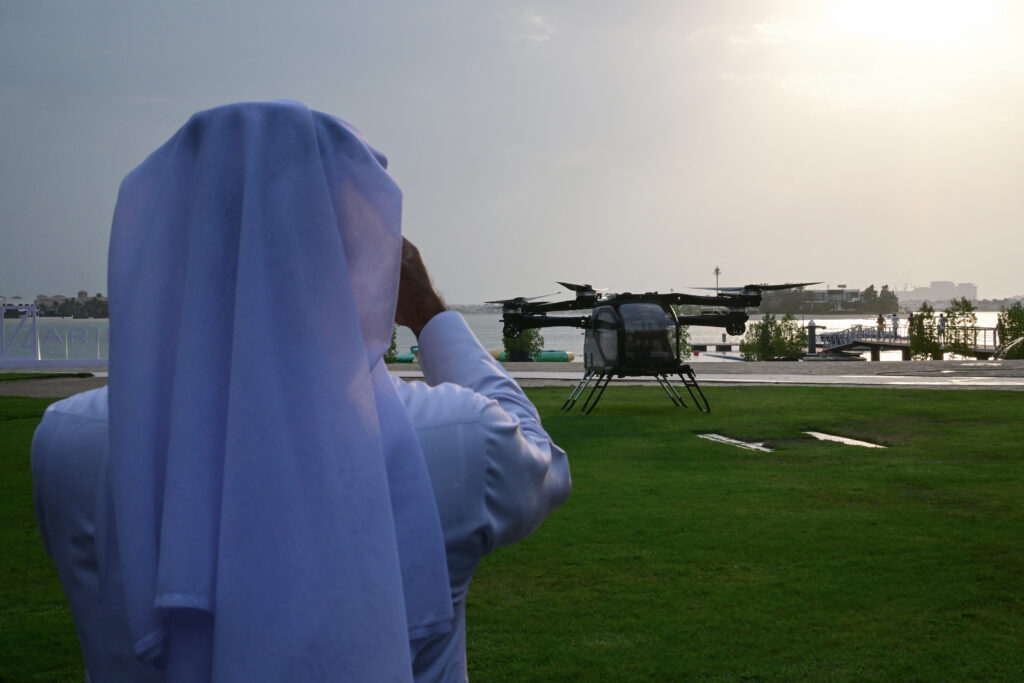
- 27 Jan 2022
Session 14: MEI Salon Cultural Segment IV – Technological Advances at the Hajj and Umrah
Since the introduction of a quota system for the Muslim pilgrimage in 1988, calls for increased hajj quotas by different countries have been ceaseless. Annually, administrative arrangements, including the deployment of speedy transportation, have been constantly revisited and improved. Technology, particularly the mobile phone, has not only brought ease, and more pilgrims, to the hajj, but has also enhanced the experience. From planning to tracking (via GPS) and the use of PDF guides, technology has substantially increased the flow of useful information to pilgrims.
Covid-19 saw an increase in the use of technology to keep worshippers safe. Besides an online registration system, robots were employed to sanitise the Grand Mosque, and to distribute bottled water for social distancing purposes. As health restrictions are eased and travel becomes increasingly possible, the hajj looks to return to pre-pandemic levels. How will new technologies help organisers and pilgrims alike?
Speaker: HE Dr Amr Al Maddah, Deputy Minister for Hajj and Umrah Services, Ministry of Hajj and Umrah

HE Dr Amr Al Maddah is the Deputy Minister for Hajj and Umrah Services at the Ministry of Hajj and Umrah. Dr Almaddah received his PhD in intelligent systems and applied informatics from Osaka University in Japan. After his return to Saudi Arabia, he worked in King Abdullah Petroleum Studies and Research Center before moving to King Abdulaziz University as an academic staff. Prior to his work in the Ministry, Dr Almaddah served in many senior management roles in big entities in the government and private sectors such as Saudi Research and Marketing Group (SRMG) and The Prince Mohammed bin Salman Foundation (MiSK). Dr Almaddah speaks many languages fluently and is always seeking opportunities to make a difference.
Listen to the full event here:
Watch the full event here:
Read the Summary of Event Proceedings:
By Daniel Kalish
Intern, Middle East Institute, National University of Singapore
In a unifying message that kicked off the Technological Advances at the Hajj and Umrah event, MEI Executive Director Michelle Teo declared “every Singaporean, regardless of race, language, or religion, knows of the hajj and its significance for our Malay Muslim community.” The event was part of the MEI’s Bridging the Gulf series that welcomed HE Dr Amr Al Maddah, Deputy Minister for Hajj and Umrah Services to speak along with moderator Dr. Ali Al Qarni, Head of the Center for Asian Studies (CAS) at the Prince Saud Al Faisal institute for Diplomatic Studies.
Dr Clemens Chay, research fellow at the MEI, explained that the Bridging the Gulf series generates questions and food for thought about the Gulf states while offering insights beyond regular reporting. This event adds another dimension to the series by not only covering the hajj, but also technology ranging from robots to online pilgrimage packages.
Dr Amr Al Maddah’s began his talk by discussing the unique challenges and opportunities that the Covid-19 pandemic posed. While Covid-19 wreaked havoc, the new problems and the relative lull in pilgrims provided an opportunity for the implementation of new measures to provide a safer and more fulfilling pilgrimage for the regularly expected 2.5 million annual hajj pilgrims. Dr Al Maddah explained that as the system has been in continuous use for almost a thousand years, changes were difficult to implement and such opportunities were few and far between.
A critical new technological upgrade that came about with Covid-19 and that will have lasting effects is the Eatmarna app. Dr Al Maddah described the packed scenes the holy sites used to experience, something that needed to be avoided with the risk of Covid-19 transmission. The Eatmarna app allows pilgrims to choose time slots to visit the holy sites, spreading the number of pilgrims at each site over the course of the day. With this system, they were able to accommodate up to 100,000 pilgrims each day for umrah without a single case registered. In this way, along with other technological upgrades, the process can be organized to increase the safety and security of pilgrims, improving the overall quality of the experience.
The recent technological developments go beyond immediate services at the holy sites. Comprehensive planning has gone into all facets of the pilgrimage, from pre-arrival to transportation. Dr Al Maddah explained that all pilgrims receive a Smart Hajj ID upon arrival which includes your digital profile created when you book your package. It includes all of your profile information and services, an e-wallet and e-tickets, and helps ensure that what you pay for is what you receive.
Dr Al Maddah also emphasized the scale of the task at hand. Over 40 government entities and 250,000 people in Saudi Arabia work in the hajj and umrah planning process and to service pilgrims. He compared the project to the World Cup or Olympic Games, but whereas the latter events have years of preparation and 100,000 to 200,000 attendees, there are millions of hajj pilgrims every year in addition to twelve million for umrah and technology is an integral part of facilitating the task. This ranges from cameras and sensors to crowd counting and monitoring systems and cloud services that collect and manage all of the data.
In response to a question about preventing scammers who prey on the elderly to sell fake pilgrimage packages, Dr Al Maddah emphasized the gravity of the issue and that it was one of transparency and trust. He said that they have changed the system to require a full package consisting of accommodation, flights and transportation from verified service providers to be purchased as a requirement to get a visa for the pilgrimage to prevent such occurrences.
Dr Ali Al Qarni also chimed in to relay an anecdote in which 868 pilgrims had fallen prey to a massive scam, likely losing out on hundreds of thousands or even millions of euros. When the King of Saudi Arabia heard about the debacle, he ordered a chartered flight for them, and they were personal guests of the Custodian of the Two Holy Mosques during their pilgrimage. “We will always do what it takes, whether it’s our fault or not our fault; regardless, we take pride in serving the pilgrims”, Dr Al Qarni said.
Dr Al Maddah shared a final message at the conclusion of the event. “This is high pride for us,” adding, “everyone here considers themselves a servant for the people coming as guests of Allah”.


